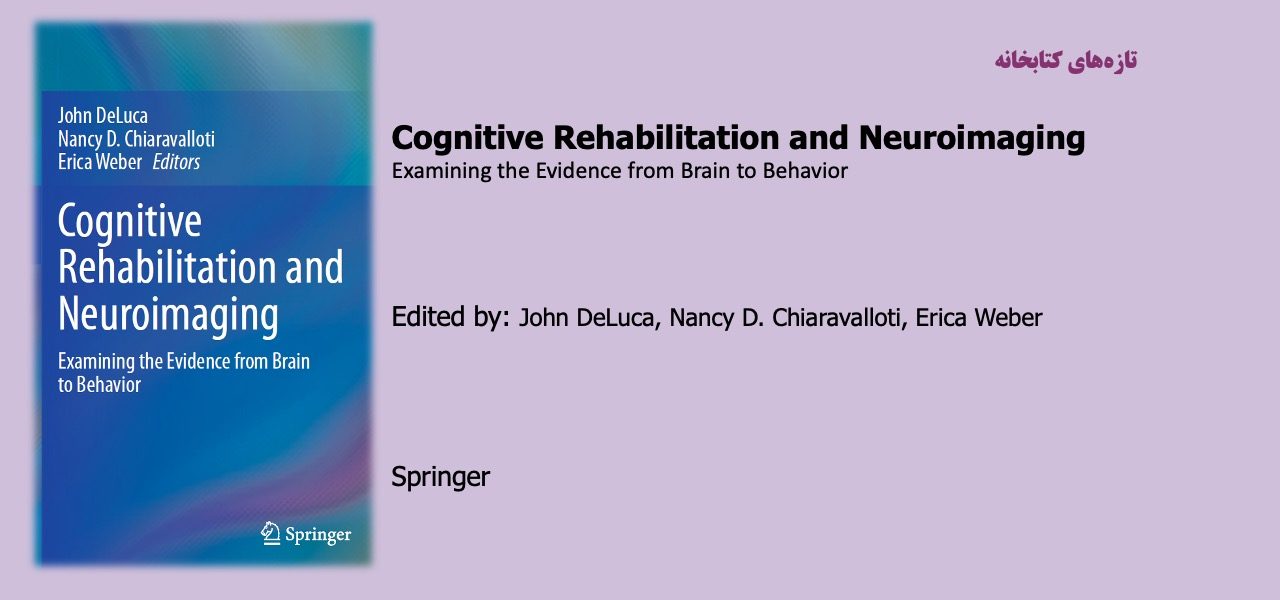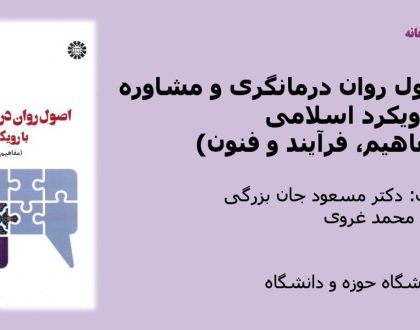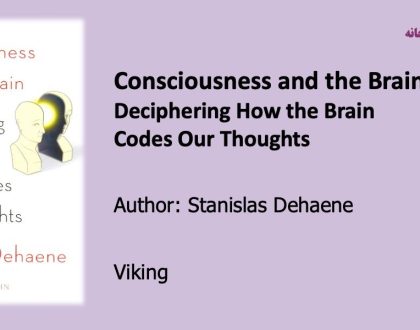Cognitive Rehabilitation and Neuroimaging

Examining the Evidence from Brain to Behavior
One of the most devastating consequences of damage to the brain is the effects on cognitive processing, which can have a profound effect on vocational, financial, health, and social functioning. While concentrated research on recovery of function from brain damage dates back to at least the late 1800s, much of the early studies that can be considered “rehabilitation” came following the two World Wars from leaders such as Kurt Goldstein and Alexander Luria. However, direct programmatic clinical services designed to improve cognitive functioning following such damage really saw its growth in earnest around the 1970s. Yehuda Ben-Yishay, Leonard Dillard, Barbara Wilson, and George Prigatano are just a few of these early pioneers.
This initial work laid the foundation for profound growth in the idea that behavioral interventions can improve cognitive functioning and thereby improve the quality of lives of those who suffered from brain damage. Today, cognitive rehabilitation is a significant component of the clinical services offered by rehabilitation institutions throughout the country and the world.
مطالب مرتبط

اصول روان درمانگری و مشاوره با رویکرد اسلامی (مفاهیم، فرآیند و فنون)
۲۶ / بهمن / ۱۴۰۳

آموزش مهارت نوشتن از منظر شناختی
۲۶ / بهمن / ۱۴۰۳


